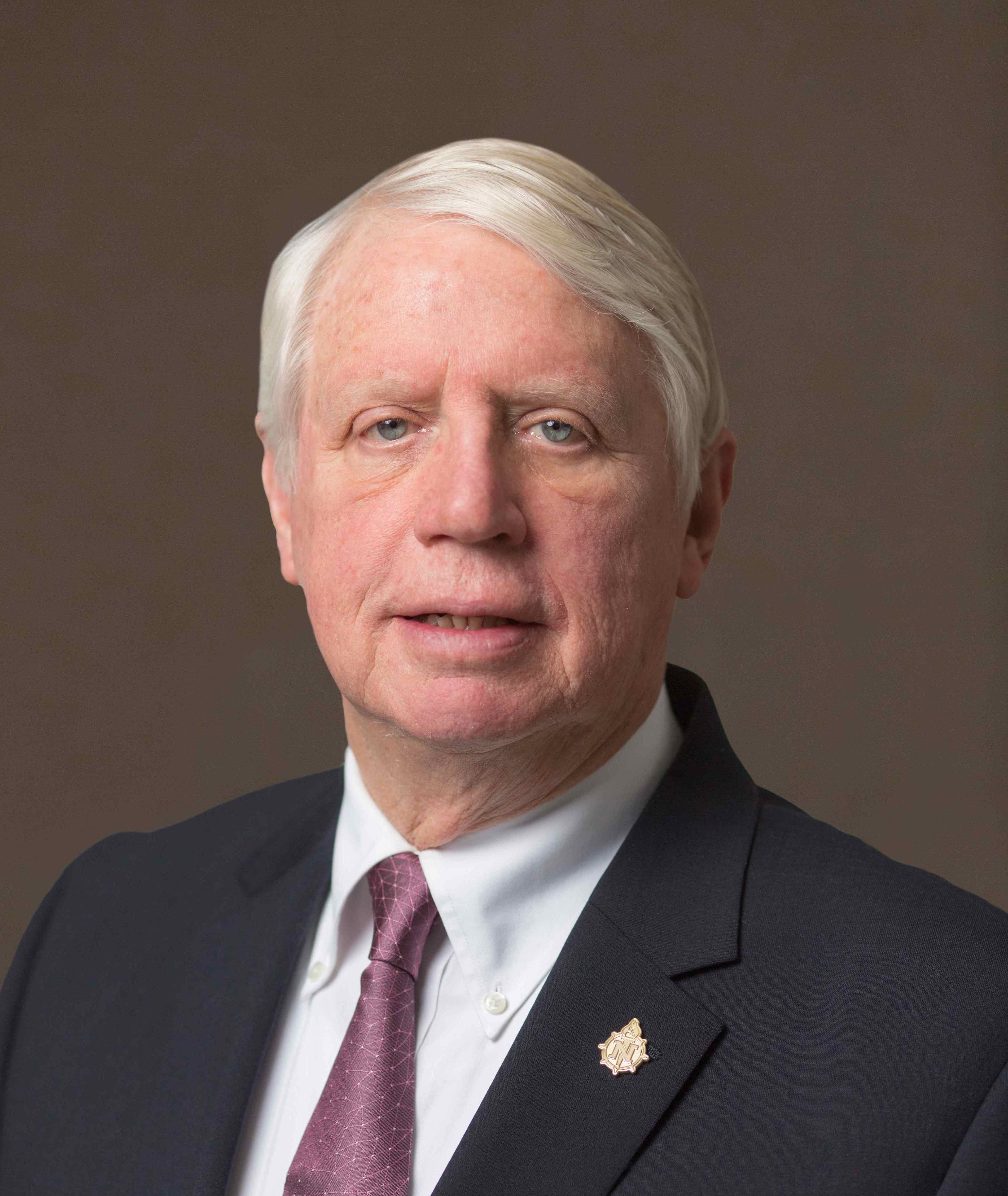Northern Michigan University has started a comprehensive review of its mental health services. Former NMU Trustee Jim Haveman is leading the effort. He holds both a bachelor's and master's degree in social work, and previously served as director of the Michigan Department of Community Health. Haveman was also executive director of the Department of Mental Health, the Kent County Community Mental Health Program, and Project Rehab, a substance abuse program that was located in Grand Rapids.
“Not only does Jim have deep and comprehensive experience in health and wellness, he has worked extensively with universities,” stated NMU Interim President Kerri Schuiling in a campus-wide email. “In short, he understands the culture and needs of higher education. It was with Jim's help and support that we engaged with JED Campus, which guided us through revising and developing program changes and policy dedicated to bettering our mental health offerings. He is well known and highly respected throughout the state, including throughout the Upper Peninsula.”
Haveman has initiated his work by collecting relevant NMU policies and procedures pertaining to mental health and substance use/misuse services. This will include a specific review of suicide prevention and treatment alternatives. He will also interview students, staff and faculty about Northern's current mental health programs and services, and obtain feedback from community resources.
NMU has a student chapter of Active Minds, a national organization supporting mental health awareness and education that has a presence on more than 600 campuses. The Active Minds website includes the following statistics: suicide is the second-leading cause of death among young adults; 67% of young people tell a friend they are feeling suicidal before telling anyone else; 39% of college students experience a significant mental health issue; 67% of people 18-24 with anxiety or depression don't seek treatment; one in five adults has a diagnosable mental illness; and 50% of mental health issues begin by age 14, while 75% begin by age 24. Many of these issues have been exacerbated by the pandemic.
“If you look at the statistics, the number of young people showing evidence of issues—whether mental health or substance abuse or drug use—has increased,” Haveman said. “Universities have to create a path to healthiness that makes students feel welcome and helps them graduate. I'm a real believer that a campus like NMU should be academically focused on excellence and be vibrant, fun, inclusive, diverse and accessible, and that it should also have a zero-suicide commitment through improved suicide care.
“There's no need to reinvent anything; there are successful programs out there that could be tailored to NMU. I'm eager to hear what students think of the existing options—many of which are good—and what could be done better or differently. Mental illness is a chronic disease, much like diabetes. It needs to be brought into the mainstream so that people can talk about it openly and aren't ashamed to seek professional help when necessary.”
NMU's on-campus Counseling and Consultation Services, staffed by professional psychologists and counselors, is available free to students to help them participate more successfully in the living and learning community. The university plans to build a new comprehensive health care facility that will merge mind and body by housing both Counseling and Consultation Services and the NMU Health Center.
Other positive strides at NMU include a partnership with Health Advocate to offer students free online counseling services outside of traditional business hours; Therapy Assistance Online (TAO); Dial HELP live counselors available to talk or text at any time of day; and student-driven behavioral and mental health awareness campaigns, such as the Active Minds chapter's “Send Silence Packing” event.
Earlier this year, NMU Theatre and Dance presented a production of the rock musical Next to Normal, which featured a character with bipolar disorder. After one of the shows, audience members were invited to hear from Great Lakes Recovery Centers staff about portrayals of mental health in entertainment and how that might impact audiences.
Haveman plans to provide monthly updates on his impressions and recommendations to Schuiling and Chris Greer, dean of students and interim director of Counseling and Consultation Services, so that they can implement proposed changes prior to the final report he will complete by August 22.
“It is important for Northern to assess the services we provide for students on an ongoing basis,” Greer said. “As the needs of students change, we must look at what we offer and decide if we should change or add services. We had reviews in 2015 and 2017, so it's time for another review. We are very excited to be working with such an experienced mental health administrator on this project.”
Find more information on available campus and community resources related to mental health here.


